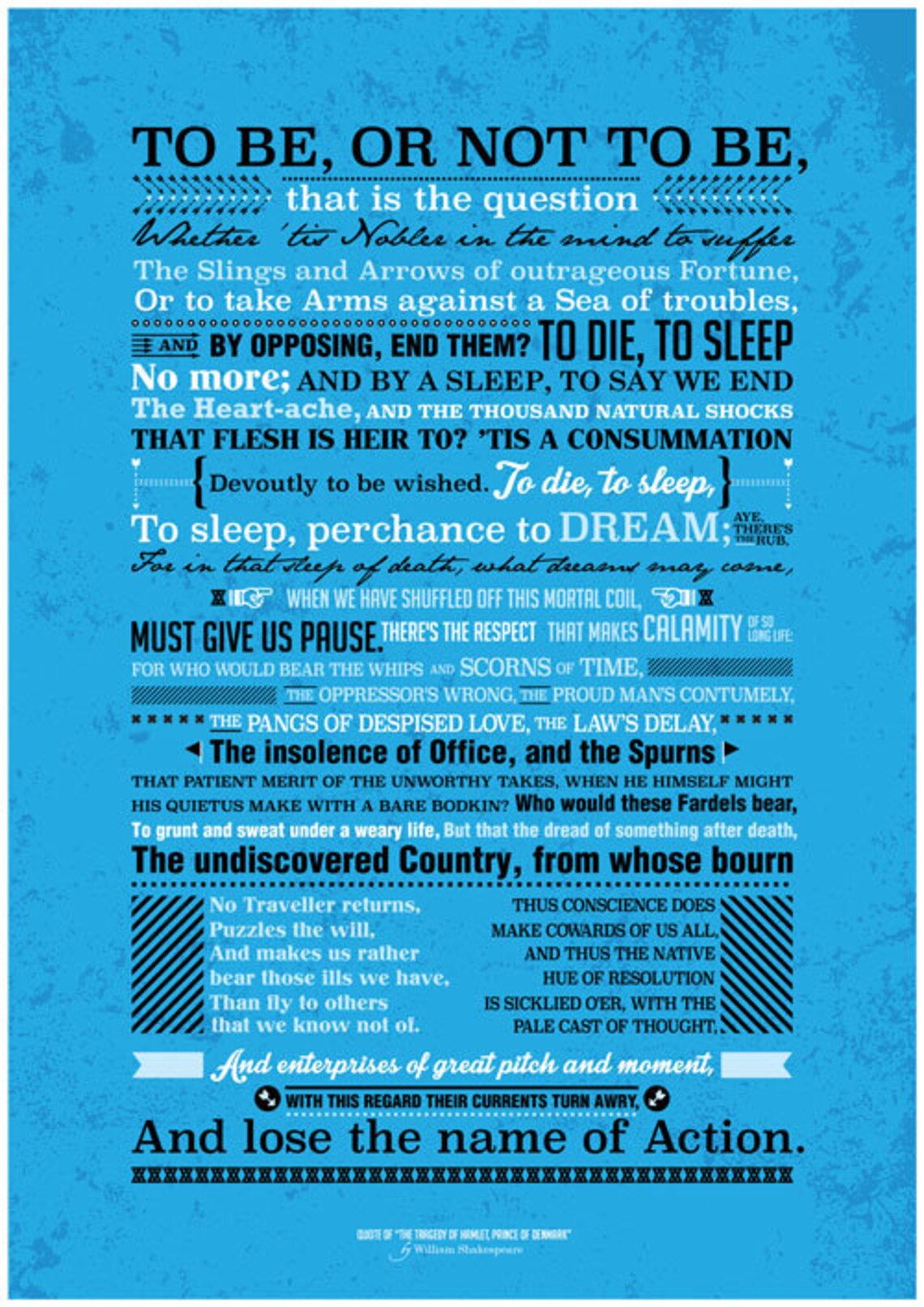

The phrase “or be nothing worth!” emphasises the seriousness of Hamlet’s commitment to this course of action. He is so consumed by his desire for revenge that he is willing to risk everything, including his own life, to make it happen. The word “bloody” suggests that Hamlet is willing to resort to violence in order to achieve his goal. The phrase “My thoughts be bloody, or be nothing worth!” can be interpreted as an expression of Hamlet’s determination to follow through with his plan for revenge, regardless of the consequences. It reflects Hamlet’s intense desire for revenge against his uncle Claudius, who he believes has murdered his father and taken his throne. #9: “My thoughts be bloody, or be nothing worth!” #8: “but one part wisdom/ And ever three parts coward”.

#4: “So, as a painted tyrant, Pyrrhus stood, / And like a neutral to his will and matter, / Did nothing” Hamlet is feeling a sense of worthlessness and feels like he is a slave to his own weaknesses. The line is often interpreted as a manifestation of Hamlet’s internal struggle and his distress over his own inability to act on his desires and bring about revenge for his father’s murder. He is calling himself a “rogue” and a “peasant slave,” meaning that he feels like a low-born, dishonest person, and a servant or slave to his own base desires. The line expresses Hamlet’s feelings of self-loathing and inadequacy. #3: “O, what a rogue and peasant slave am I!” Techniques: Motif, breaking of iambic pentameter, coercive tone.#2: “If thou didst ever thy dear father love…Revenge his foul and most unnatural murder.” It sets the tone for his journey throughout the rest of the play as he grapples with issues of life, death, and morality. Overall, this quote captures the sense of despair and disillusionment that Hamlet feels at the beginning of the play. The metaphor of melting and turning into dew implies a transformation or purification, as if Hamlet longs to shed his human form and become something more ethereal and pure. The fact that he wishes for his flesh to “melt, Thaw, and resolve itself into a dew” suggests a desire for release from his physical body and his earthly troubles. The word “sullied” suggests that Hamlet sees his own physical form as tainted or impure. The phrase “O, that this too, too sullied flesh would melt” can be interpreted as an expression of Hamlet’s desire to escape the troubles that surround him, including his father’s death, his mother’s remarriage, and his own sense of disillusionment with the world. It reflects Hamlet’s state of mind, which is filled with despair and a sense of hopelessness.

Techniques: Soliloquy, metaphor, iambic pentameter.#1: “O, that this too, too sullied flesh would melt, / Thaw, and resolve itself into a dew.”


 0 kommentar(er)
0 kommentar(er)
